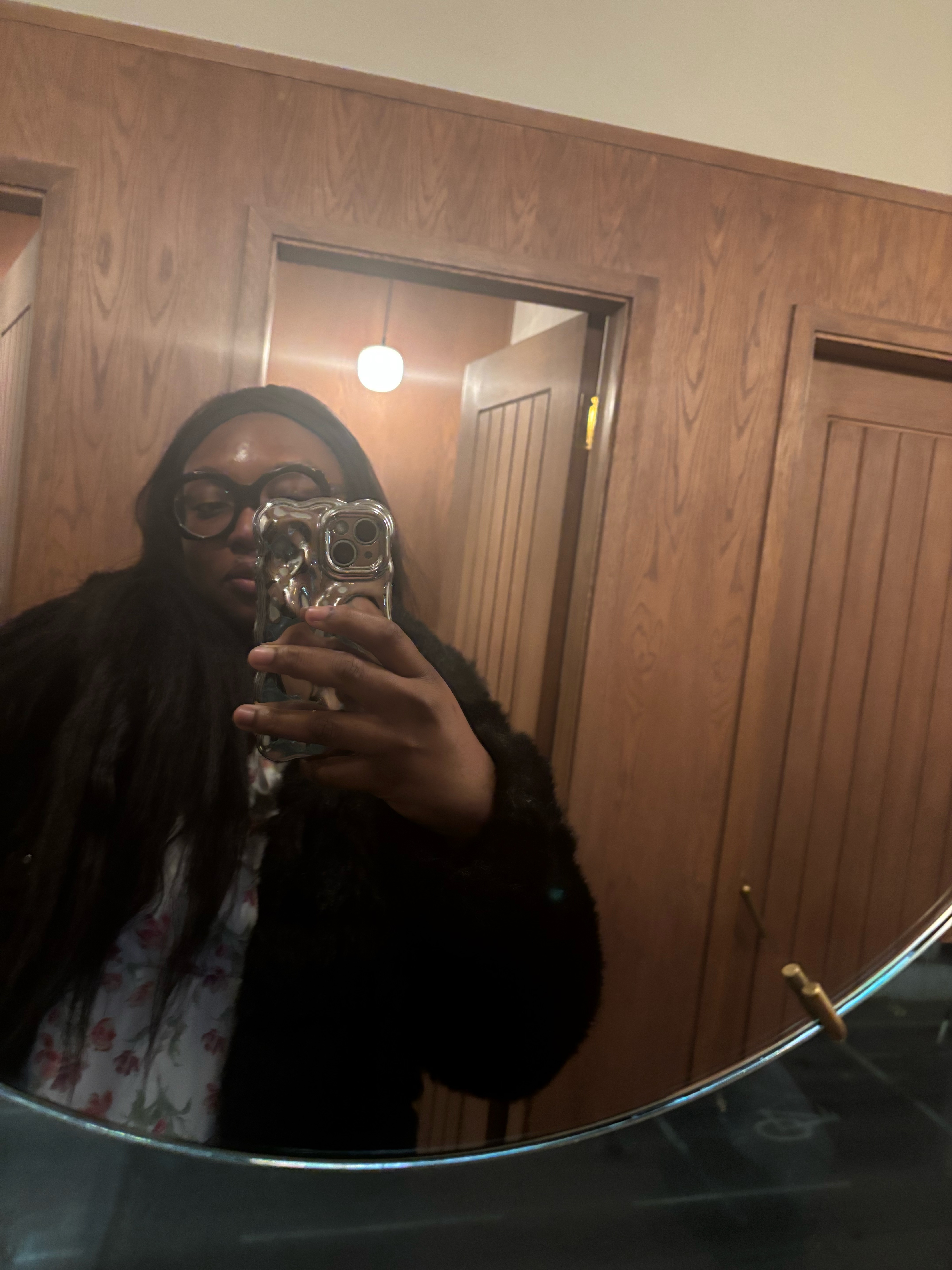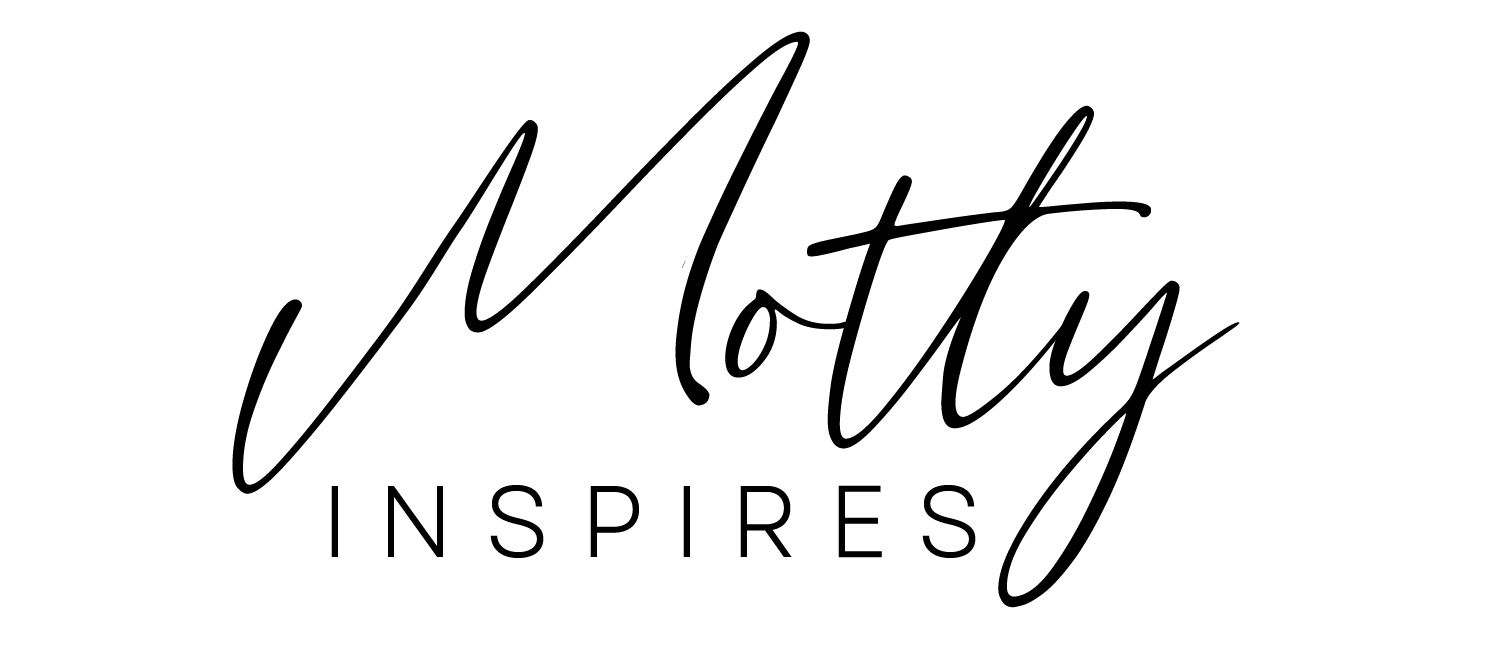
It’s been a year since I started working in PR.
I can’t believe it’s been a year, but at the same time, I can see the growth. I’ve grown so much. I’ve learned so much. It’s giving…who’s that girl? (La, la, la, la, la, la la) Who’s this girl? It’s been an incredible experience, and I thought it would be good to share the lessons I’ve learned, especially for graduates interested in the industry, those looking to make a career switch, or anyone transitioning from freelance to the corporate world.
Seatbelts fastened!
To give a bit of context – I studied Law at University and eventually pivoted to Journalism working as a freelancer. I ran a blog and a podcast for several years so my background is super creative, and writing has always played a big role in my life.
Since I freelanced for so many years, I never really experienced a corporate work structure. I always worked from my laptop, mostly from home. I’ve done a few in-person jobs, but none related to PR.
Coming into the working world, I didn’t initially plan on working full-time in PR, but a recruiter approached me about a Coordinator role. I had no real idea what PR was, but I thought, why not? I could see if this was something I wanted to build a career in. I went in with a trial-and-error mindset, not expecting to stay for a year.
A year later, here I am – I really did this!
You grow and learn so much in a year.
Never underestimate how much you can grow in a year. I now understand why people ideally get promoted annually—because the amount of knowledge and experience you gain is immense. From learning how to create decks and present in meetings to developing confidence, handling different personalities, and understanding what makes a good pitch, the growth is real. You learn how to navigate when your pitch isn’t landing, how to switch it up, and how to build strong relationships with journalists. You refine your reporting, measurement, and tracking skills, all while managing multiple clients with different expectations. The agency world moves fast, and you absorb so much in a short time. The personal and professional growth makes it all worth it.
You have to play the game
The corporate world is like a textbook you have to study page by page. As an introvert, entering a large communications agency like Ketchum was daunting. Dealing with so many people, managing the social awkwardness, not having friends initially—it took me about six months to settle in. By January or February, when a new colleague joined, we clicked, and I started making more friends. But for those first few months, I struggled with figuring out when to say hi, when to speak or stay quiet, who to sit next to, and how to engage in small talk. The workplace social dynamics was a learning curve, especially since I’m not big on socials and after-work drinks. As a matter of fact I don’t drink…
In the corporate world, simply doing your work and leaving isn’t enough. You have to be seen as a team player. Your team needs to know you, build a relationship with you, and ultimately vouch for you when opportunities arise. Promotions and recommendations come from being both good at your job and well-integrated into the team. Learning the corporate game is a process—you adapt, observe, and absorb everything you can.
You learn more about yourself and whether this is the career for you
After a year, you start to ask yourself, is this for me? I’ve had so many days wondering if I should pivot to a more content-focused role, move into marketing, or stick with PR. Being young means having endless opportunities, but that also comes with a lot of decisions. Spending a year at an agency like Ketchum has helped me clarify which aspects of PR I enjoy. It’s important to give yourself time to assess your interests before making long-term career decisions.
These are the key things I’ve learned so far, and I’ll probably update this list as time goes on.
The corporate world is competitive
In this industry, everyone is fighting for recognition, promotions, and opportunities. Not everyone will be the nicest to you, and not everyone will be warm or welcoming. You have to assert yourself, speak up for what you want, and make sure your contributions are noticed. If you don’t like something, say so. If you do like something, let people know. If there’s a particular responsibility you enjoy, ask to do more of it. Having a supportive line manager helps massively—someone who is invested in your growth, ensures you’re doing work you enjoy, and actively helps you progress.
No matter how junior you are, you are valuable
For juniors, it’s easy to feel like we don’t belong in the room. Sitting in meetings with senior leaders who confidently articulate ideas can feel intimidating. You might think, “I could never do that. I don’t belong here.” But you do. Your value may not be in bringing big ideas to the table yet, but it might be in coordinating the meeting, ensuring the room is booked, invites are sent, or taking notes.
The truth is, most senior leaders wouldn’t be able to function without the juniors who keep everything running smoothly. We hold things together. We prevent things from falling apart—and when they do, we’re usually the ones fixing them or at least doing the not so glamorous work. So never doubt your value. Understand your role, own it, and remind others of your contributions when necessary.
Drinks play a huge role in UK work culture.
Work drinks in the UK are something else. I didn’t realise how much of a big deal they are. Every Thursday—drinks, drinks, drinks! Since I don’t drink, it felt confusing why folks were so excited over a drink and looking forward to getting “hammered.” I’m still confused LOL. And although no one necessarily pressures you to drink alcohol, the expectation to socialise after hours is strong.
For someone like me, who isn’t particularly social, it felt excessive. After spending eight hours with colleagues, why spend even more time with them? But socialising is a huge part of UK workplace culture, so I’ve had to find ways to engage without drinking. A mocktail, small talk, and a strategic exit plan usually do the trick. Office small talk can feel superficial, but sometimes, you just have to play the game. Fake smile, ask them how their weekend was and their holidays plan are…and keep it pushing!
I’m excited to see what’s next for me. One year down in PR—many more to go, hopefully.
